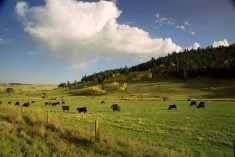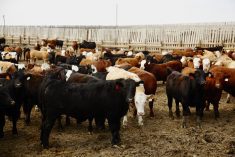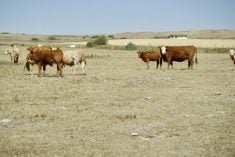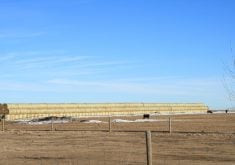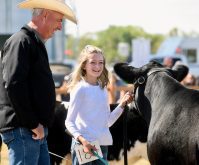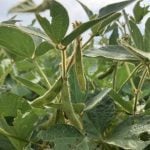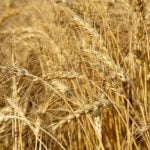As we look back on the past seven months, we have learned many important lessons from the COVID-19 pandemic, identified areas where enhancements are needed, and how we can strengthen the resiliency within our industry as well as help support the economic hardships facing our country.
Economic Development Canada identified agriculture, specifically through exports, as among the sectors best able to overcome the economic impacts of the pandemic in its June forecast. I believe that agriculture and the Canadian beef industry are well positioned to help Canada with its economic recovery and future growth, but strategic investments are needed to support our industry, cattle producers and food system.
Read Also
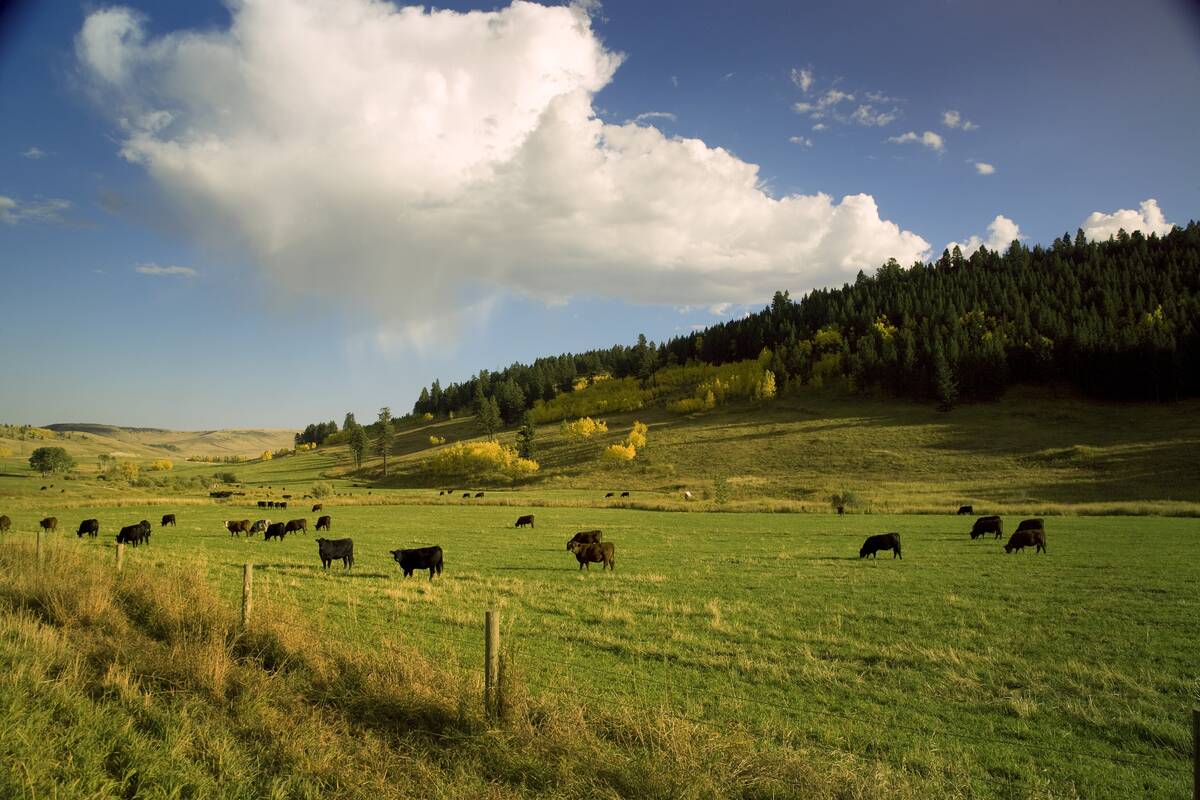
The Canadian Cattle Association’s international advocacy efforts
Global ag policies affect Canadian food policy, so the Canadian Cattle Association participates in international and domestic forums
Since early May, following the funding announcement by the prime minister, our recommendations and discussions have focused on changes to business risk management (BRM) programs, set-aside programs to address the backlog of cattle, continual investment in resiliency within the packing industry, as well as economic resiliency, specifically related to international trade.
On August 6, 2020, the Canadian Cattlemen’s Association (CCA) provided input into the next federal budget through written submission for the finance committee’s pre-budget consultations. Below is a snapshot of the some of the key recommendations shared in our submission.
The temporary processing plant shutdowns in May 2020 and extreme market volatility due to the COVID-19 pandemic have presented cattle producers with significant challenges. These unforeseen challenges highlight the critical importance of cattle producers having access to well-designed and sufficiently funded BRM tools. Aspects of the BRM programs, including program spending, design and lack of availability, provide inequitable coverage across the different agricultural sectors and regions.
CCA continues to recommend enhancements to the AgriStability program, including the removal of the reference margin limit and addressing the $3 million payment cap. To bring more tangible evidence to federal and provincial governments that demonstrate why these program changes are needed, CCA has partnered financially with the Alberta Cattle Feeders’ Association, Beef Farmers of Ontario and New Brunswick Cattle Producers to sponsor a number of AgriStability modelling scenarios developed by MNP to show the impact of reference margin limiting, trigger and compensation percentages and payment caps.
In addition, CCA recognizes the value of the Western Livestock Price Insurance Program (WLPIP) as a risk management tool to cattle producers and continues to advocate for price insurance to be a permanent program and available to all cattle producers across Canada. A lack of risk management tools available in the Maritime region increases the price risk and limits the options for young producers in accessing financial support. We are eager to work with provincial and federal governments to create an Eastern Settlement Index similar to WLPIP, which would contribute to national price insurance coverage.
In June, the Eastern Price Insurance project started.The project has two phases. The first phase will assess data availability for developing feeder and calf price indices using data from Ontario and Quebec. This requires lot-level data from auction markets, similar to what is used in the West. The second phase will be to develop the feeder and price indices and complete a historical analysis to evaluate years with large swings in prices. The project is scheduled to be completed in April 2021.
CCA continues to strongly support and encourage the continued expansion of free trade and the optimization of current agreements as well as efforts to maintain and strengthen the World Trade Organization. Of particular importance is advancing the Canada-U.K. trade relationship before January 2021, when the U.K. officially parts from the European Union. We are a world leader in the production of high-quality beef, with 50 per cent of our total production being exported to 60 countries around the world. CCA is pleased that our access into world markets has improved in recent years thanks to new trade agreements such as the Canada-United States-Mexico Agreement (CUSMA), the Comprehensive Economic and Trade Agreement (CETA), and the Comprehensive and Progressive Agreement for Trans-Pacific Partnership (CPTPP).
To help meet and grow Canada’s beef export potential, labour shortages in our industry need to be addressed. Currently, we are short 1,700 skilled workers and it is anticipated that by 2029 we will need more than 14,000 workers. CCA recommends that the Canadian government ensures the new Agri-Food Immigration Pilot achieves its objective of filling labour shortages and work with industry to identify long-term future solutions.
The Canadian beef industry also has a unique ability to deliver significant environmental services including carbon storage and sequestration, wildlife habitat preservation and flood resiliency. Over the past several years, our industry has increased partnerships with the environmental community on collaborative solutions that conserve environmentally significant lands for future generations of beef producers and Canadians. CCA supports investment from the government of Canada in innovative land management tools, conservation programming and industry-environmental partnerships. Furthermore, when it comes to reducing the Canadian food footprint, CCA recommends a focus on reducing food waste at all levels of consumption and production.
We look forward to continuing our engagement and dialogue with the federal government following the federal-provincial-territorial meetings this fall and offering real solutions to policy-makers on issues facing cattle producers during these uncertain times.



